Columbus Day: Celebrating a Controversial Legacy and Federal Holiday

Columbus Day: Celebrating a Controversial Legacy and Federal Holiday
The United States observes Columbus Day as a federal holiday to honor Christopher Columbus’ October 12, 1492, landing in the Americas. President Franklin D. Roosevelt declared Columbus Day a national holiday in 1937, and it has since grown to be a day of both celebration and controversy.
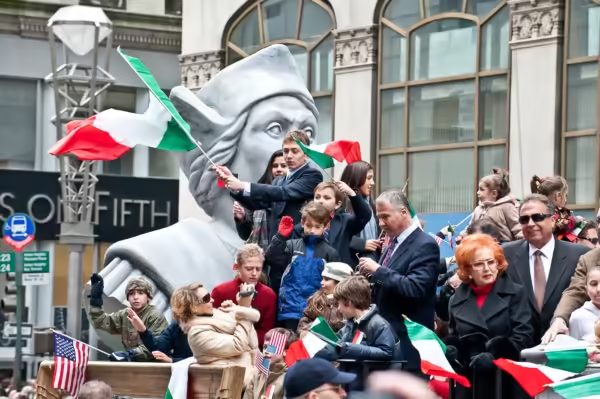
Historical Background and Importance
Columbus Day celebrates the accomplishments of Italian explorer Christopher Columbus, whose expedition in 1492 paved the way for extensive European discovery and settlement of the Americas. Columbus has been honored as a symbol of travel and discovery, and the festival has been a time to commemorate Italian-American ancestry.

Columbus’ legacy is hotly debated, though. Numerous Native American organizations and their supporters contend that centuries of murder, eviction, and exploitation against Indigenous peoples began with Columbus’s arrival. Calls to reconsider the holiday’s significance have grown as a result of this viewpoint.
Status of Federal Holidays
Since Columbus Day is a federal holiday, many public schools, post offices, and government offices are closed. States and cities observe the holiday differently. A rising number of municipalities have decided to honor the history and accomplishments of Native American nations by substituting Indigenous Peoples’ Day for Columbus Day in recent years.
Current Occasions
With more than 100 localities and many states already commemorating Indigenous Peoples’ Day on the second Monday in October, the movement toward this day has accelerated. By offering an alternative perspective to the customary Columbus Day festivities, this movement aims to celebrate the tenacity and traditions of Indigenous peoples.
Statements and Views
“October 14 is a day of reflection and recognition,” colonial history expert Dr. Maria Lopez stated. “While Columbus Day celebrates exploration, it’s crucial to also acknowledge the complex history and the impact on Indigenous communities.”
“Indigenous Peoples’ Day is an opportunity to celebrate our cultures and educate the public about our history,” said Jonathan Nez, president of the Navajo Nation. It’s about accepting the past while anticipating a respectful and understanding future.
Why This Is Important
Discussions regarding how history is remembered and celebrated are reflected in the controversy surrounding Columbus Day vs Indigenous Peoples’ Day. This conversation is crucial for encouraging cultural sensitivity and a more inclusive view of the past.
conclusion
Although Columbus Day is still a government holiday, how it is observed is changing. Indigenous Peoples’ Day’s increasing popularity reflects a movement to recognize the various histories that have shaped our nation. The manner we celebrate this day will probably continue to evolve as communities throughout the country have this discussion.( wikipedia.org)
You also may like: newstimzone.com




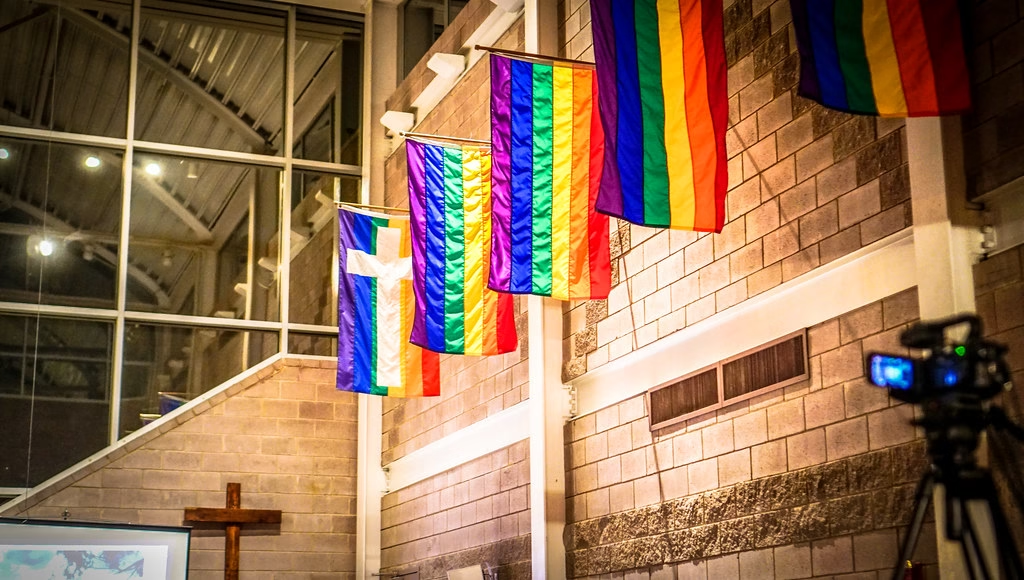






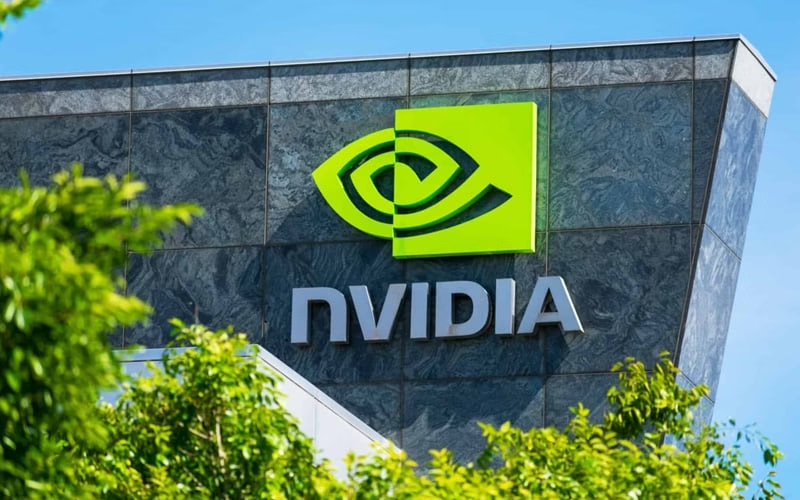




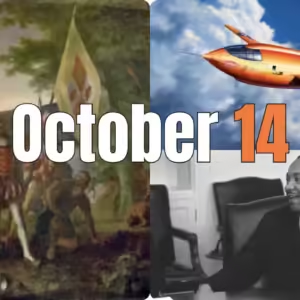

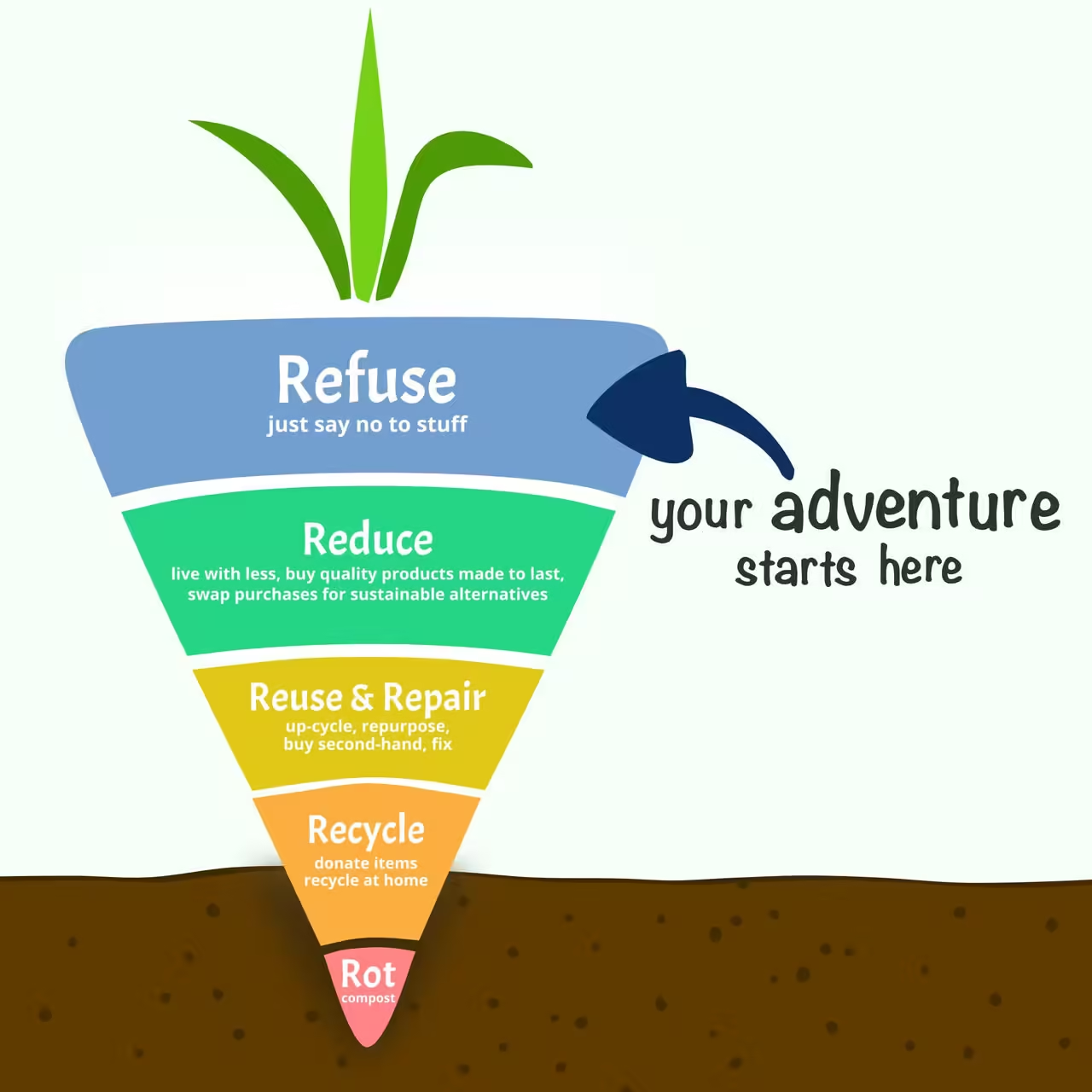

2025 Sustainable Living: Adopting Eco-Friendly Trends in Circular Fashion, Zero-Waste, and Minimalism
October 14, 2024[…] Columbus Day: Celebrating a Controversial Legacy and Federal Holiday […]